Dog / Detail
Understanding Canine Allergies: A Comprehensive Guide
Jonathan Bennet | 01 October 2024 | 12:05
Allergies are a common health issue among dogs, causing discomfort, itching, and potential secondary infections. While it can be distressing for pet owners, understanding the causes, symptoms, and treatment options can help alleviate suffering.
Allergies can significantly impact a dog's quality of life. By understanding the common causes, symptoms, and treatment options, pet owners can effectively manage their dog's allergies and ensure their comfort and well-being. If you suspect your dog has allergies, seeking professional veterinary care is essential for a proper diagnosis and tailored treatment plan.
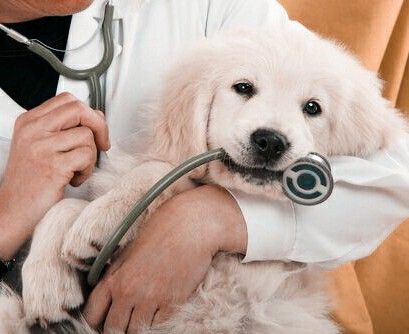
This article will delve into the world of canine allergies, exploring common allergens, diagnosis, and effective management strategies.
Common Allergens in Dogs
Allergies occur when a dog's immune system overreacts to harmless substances. These substances, known as allergens, can come from various sources, including:
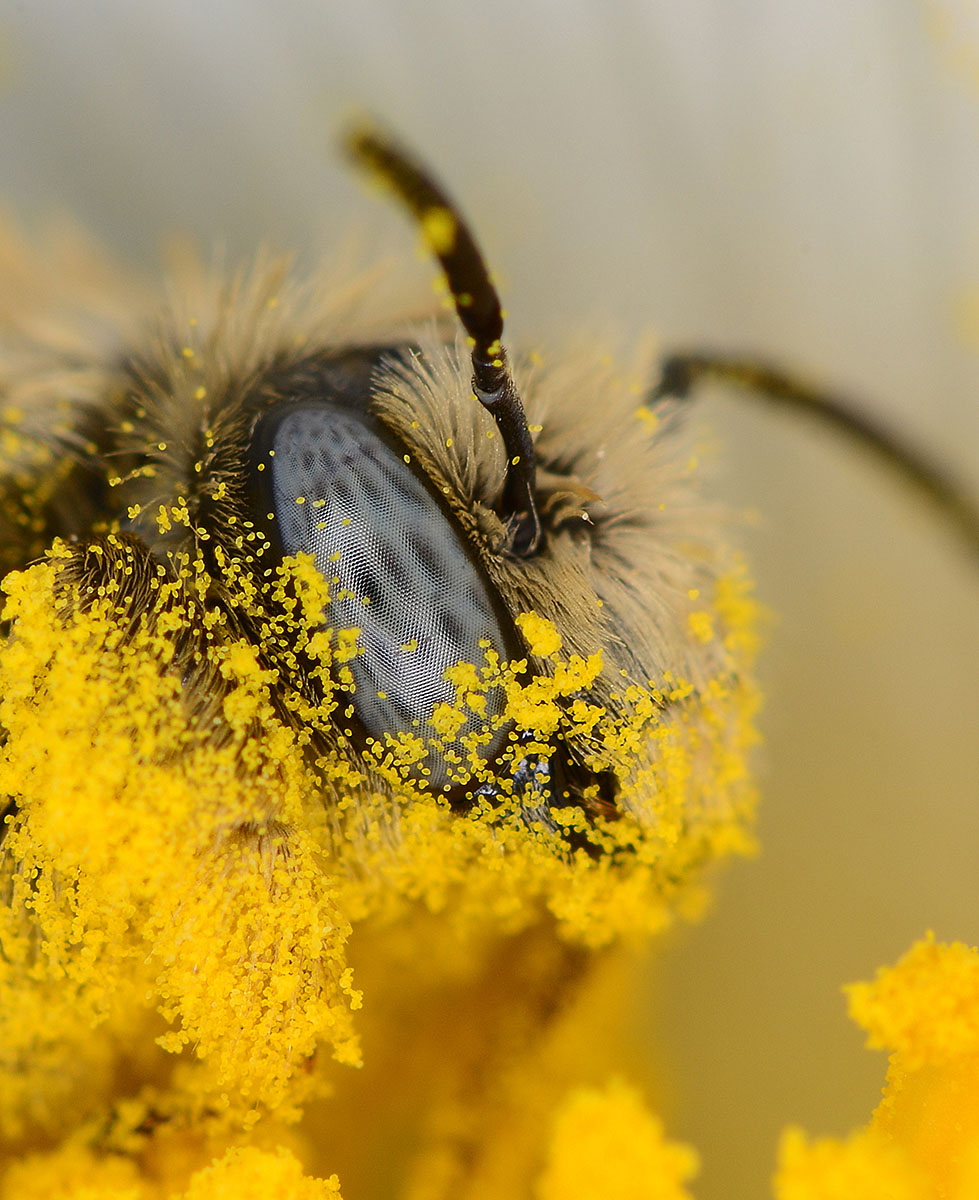
Inhaled Allergens:
- Pollen from grasses, trees, and weeds
- Dust mites
- Mold spores
- Cigarette smoke
- Household chemicals
Food Allergens:
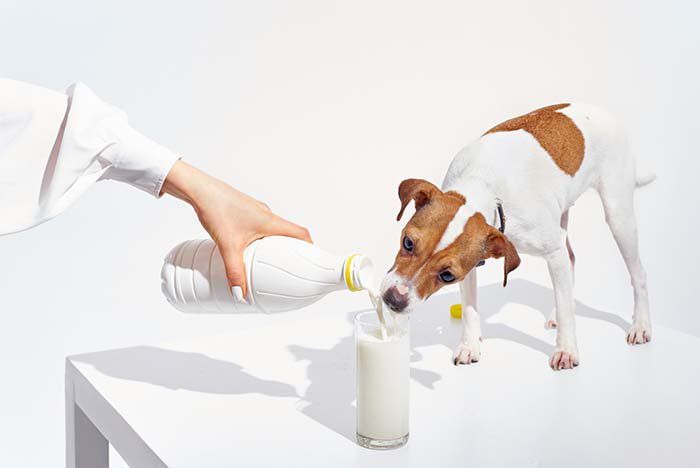
- Beef
- Chicken
- Dairy products
- Eggs
- Soy
- Wheat
Contact Allergens:

- Fleas
- Ticks
- Certain fabrics (e.g., wool, nylon)
- Chemicals in cleaning products or lawn care products
Recognizing Allergy Symptoms in Dogs
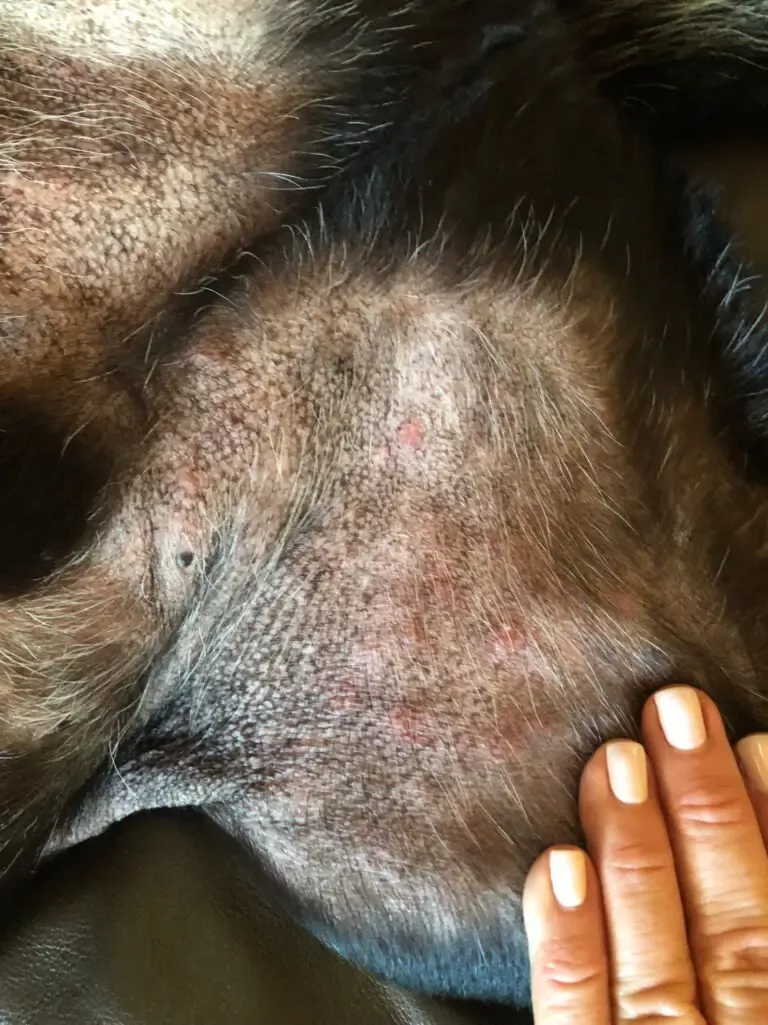
Identifying allergy symptoms in dogs is crucial for timely diagnosis and treatment. Common signs of allergies include:
- Excessive scratching, licking, or biting
- Red, inflamed skin
- Hot spots (patches of irritated skin)
- Ear infections
- Sneezing
- Runny nose
- Watery eyes
- Coughing
- Wheezing
At-Home Allergy Tests: A Preliminary Assessment

While a veterinarian can provide a definitive diagnosis, there are some at-home tests that pet owners can use to get a preliminary idea of potential allergens:
- Elimination Diet: Gradually introduce a novel protein and carbohydrate source to your dog's diet. If symptoms improve, it may indicate a food allergy.
- Environmental Assessment: Observe your dog's reactions to different environments. If symptoms worsen outdoors or in certain rooms, it may suggest environmental allergies.
- Allergy Diaries: Keep a detailed record of your dog's symptoms, activities, and exposures to potential allergens. This can help identify patterns and triggers.
Seeking Professional Veterinary Care
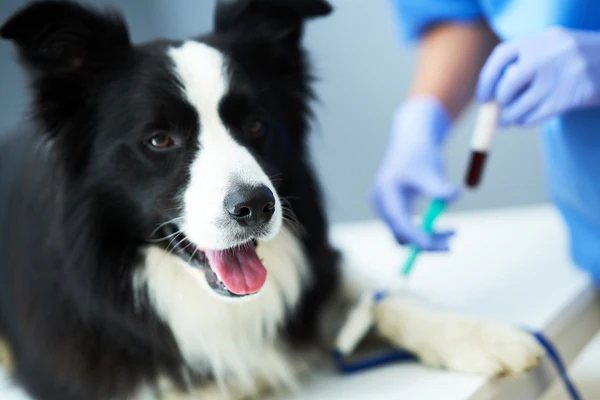
If you suspect your dog has allergies, it's essential to consult with a veterinarian. They can conduct a thorough examination, rule out other health conditions, and recommend appropriate diagnostic tests. Common diagnostic tests for allergies include:
- Blood tests
- Skin prick tests
- Intradermal tests
Treatment and Management of Canine Allergies
The treatment for canine allergies depends on the underlying cause. Common approaches include:
Environmental Modifications:
Reduce exposure to identified allergens by using air purifiers, allergen-proof covers for bedding, and regular cleaning.
Keep your dog indoors on high pollen days.

Medication:
Antihistamines
Corticosteroids
Cyclosporine
Allergy immunotherapy (allergy shots)
Dietary Changes:
If a food allergy is suspected, transition your dog to a hypoallergenic diet.
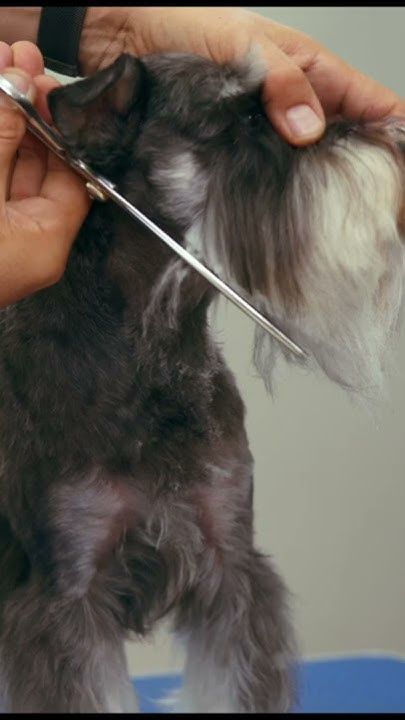
Regular Grooming:
Keep your dog's coat clean and free of allergens by brushing regularly.
Prevent flea and tick infestations.
Related
-

The Healing Power of Dogs: How Canine Therapy is Revolutionizing Mental Health and Boosting Positive Energy in Humans
Dog14 November 2024
-

A Pawsitive History: Dogs of Nuremberg
Dog09 November 2024
-

The Role of Oxytocin in the Human-Dog Bond: The Science Behind Our Deep Connection
Dog06 November 2024
-

Beyond the Beach: Jamaica's Dog Lovers
Dog29 October 2024
-

A Dog's Delights: Homemade Snacks for Our Furry Babies, Recipes Included!
Dog29 October 2024
-
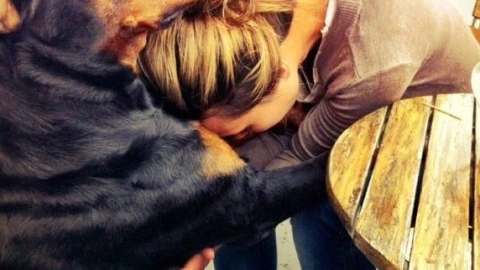
A Dog's Disorientation: Understanding Your Dogs' Wanderlust
Dog29 October 2024
Popular
-

-

A Pawsitive History: Dogs of Nuremberg
09 November 2024 -

-

Beyond the Beach: Jamaica's Dog Lovers
29 October 2024 -
